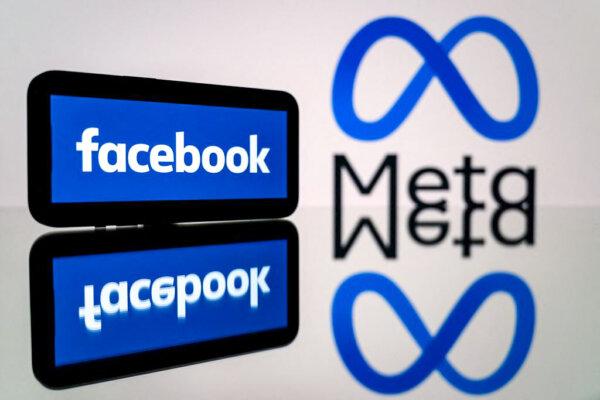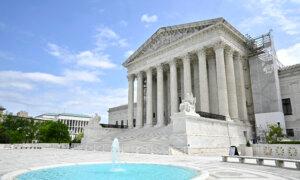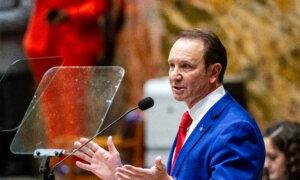The country ’may come to regret‘ the high court’s failure to call out ’blatantly unconstitutional’ acts, Justice Alito said.
Justices Alito, Neil Gorsuch, and Clarence Thomas, dissented from the majority in the June 26 decision while six justices held that the state and individual plaintiffs involved lacked standing to even bring speech-related claims to the court.
The plaintiffs had claimed, among other things, that the Biden administration illegally coerced social media platforms to moderate certain election-related content and posts related to COVID-19.
Majority ‘Shirks’ Its Duty: Alito
Alito wrote that there was “more than sufficient” evidence that Jill Hines, one of the plaintiffs, had standing to sue “and consequently, we are obligated to tackle the free speech issue that the case presents.”
“The Court, however, shirks that duty and thus permits the successful campaign of coercion in this case to stand as an attractive model for future officials who want to control what the people say, hear, and think,” Justice Alito added.
The dissent warned that the majority, whose opinion was written by Justice Amy Coney Barrett, sent a message to government officials that if a “coercive campaign is carried out with enough sophistication, it may get by.”
He added that Facebook faced a regulatory environment that incentivized the company to “please important federal officials and the record in this case shows that high-ranking officials skillfully exploited Facebook’s vulnerability.”
The administration, he said, “continuously and persistently hectored Facebook” while the platform’s “reactions to these efforts were not what one would expect from an independent news source or a journalistic entity dedicated to holding the Government accountable for its actions.”
“Instead,” he added, “Facebook’s responses resembled that of a subservient entity determined to stay in the good graces of a powerful taskmaster.” He later said: “Internal Facebook emails paint a clear picture of subservience.”

The dissent also considered a variety of communications between White House officials Andy Slavitt and Rob Flaherty. For example, it noted how Mr. Flaherty, who served as White House Director of Digital Strategy, accused Facebook of “hiding the ball” and suggested they were “playing a shell game.”
Justice Alito also pointed to Facebook’s changing policy amid White House criticism. Facebook representatives, he said, “whimpered that they ’thought we were doing a better job’ but promised to do more going forward.”
Meta, Facebook’s parent company, did not immediately respond to The Epoch Times’ request for comment.
Brian Fletcher, principal deputy solicitor general of the United States, acknowledged that the government “may not use coercive threats to suppress speech,” but argued it was “entitled to speak for itself by informing, persuading, or criticizing private speakers.”
There is a “fundamental distinction between persuasion and coercion,” he said.
Justice Alito disagreed and argued that the administration was doing more than exercising its power in the bully pulpit.
“In sum, the officials wielded potent authority,” he said. “Their communications with Facebook were virtual demands. And Facebook’s quavering responses to those demands show that it felt a strong need to yield.”
Matthew Vadum contributed to this report.
Original News Source Link – Epoch Times
Running For Office? Conservative Campaign Consulting – Election Day Strategies!


